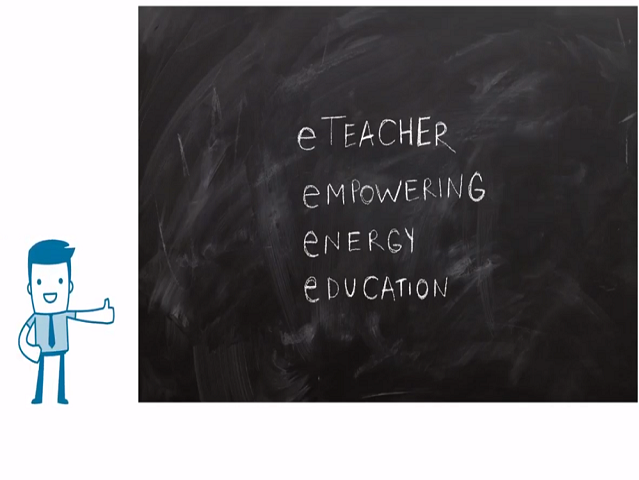How ICT and social sciences can empower energy education
Do you know what kind of energy we consume in the EU? Out of the total energy available in the EU, around two-thirds are consumed by end-users, for example, EU citizens, industry, transport etc. Specifically, 42% of the total energy used is in households, offices and commercial buildings, which are among the main targets of hte eTEACHER project. However, usually, users are not sufficiently consulted, trained or supported regarding energy efficiency, and this leads to poor energy behaviour in practice. The scope of eTEACHER is to close the gap by combining social sciences to improve users’ behaviour, and technical skills to develop an effective and innovative energy efficiency toolbox. Indeed, eTEACHER followed a three-step strategy to achieve the expected energy-efficiency goal. First, energy users had their say and were continually consulted. Second, experts developed a novel ICT toolbox to analyse the energy performance in the buildings and provide tailored recommendations and feedback to building users. Lastly, more than 400 sensors were installed to monitor the users’ behavioural change, energy savings and indoor environmental quality. eTEACHER is being tested in 3 countries, 12 buildings and 3 climatic areas. The results collected were used to validate the eTEACHER app, which was tested by our buildings’ users and improved with their feedback. The eTEACHER tools can change users’ energy behaviour up to 30%, save energy and reduce CO2 emissions up to 10% whilst improving the users’ well-being. Watch the video here: https://youtu.be/MmB_mfucl3Q
Keywords
energy, efficiency, consume, ICT, social science, education



